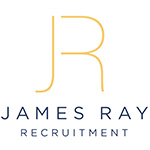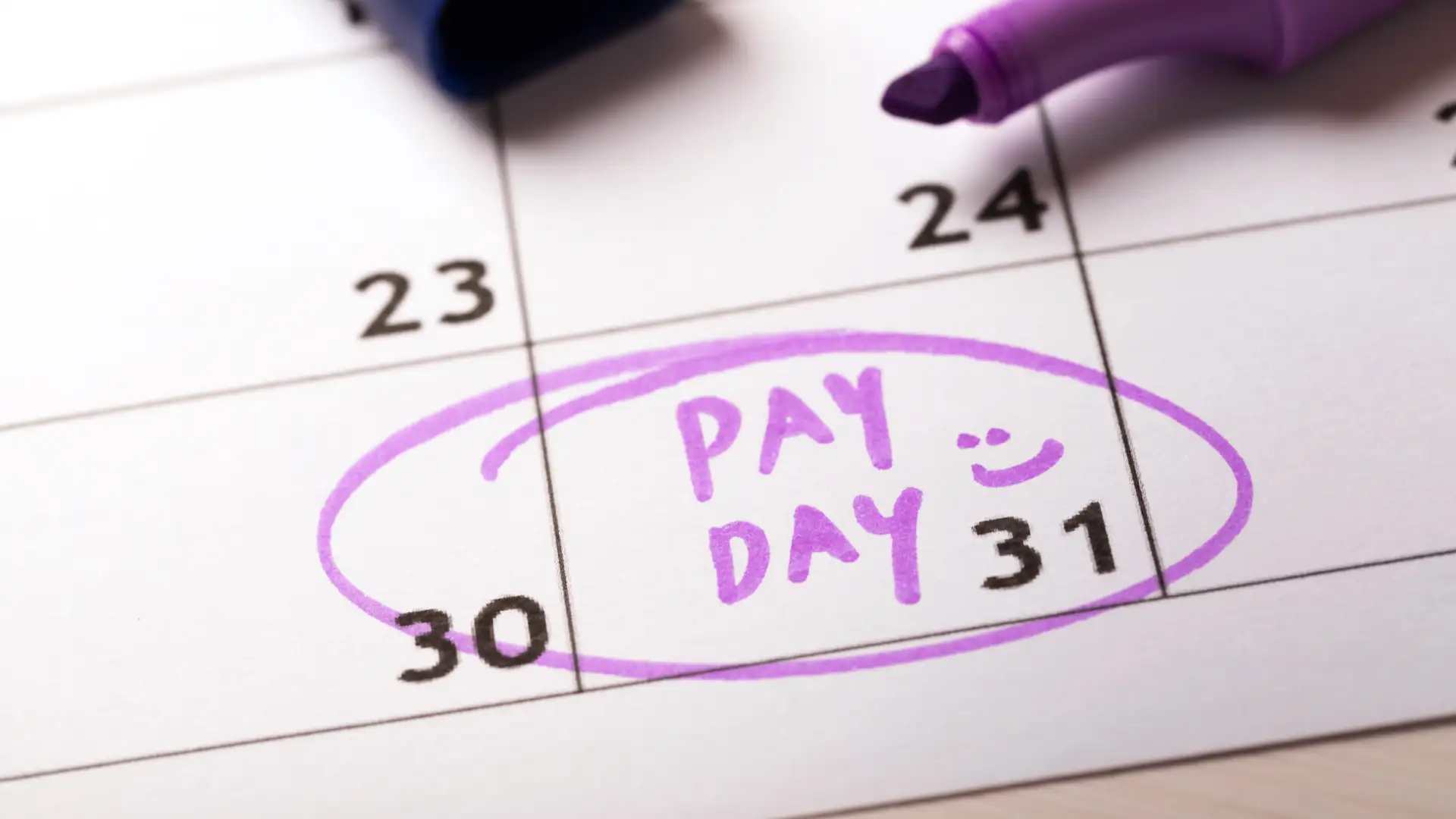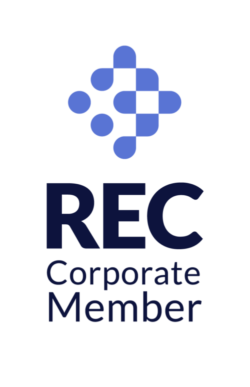A successful CV is essential for anyone looking to secure a job. Writing one, however, can be a little daunting. It requires formatting, tailoring to the job, and the inclusion of relevant and accurate content. Fortunately, the team at James Ray Recruitment has collected their years of experience in recruitment to provide a comprehensive guide on how to write an effective CV, from formatting and tailoring to content such as education, skills, and achievements.
It also includes helpful resources such as sample CV templates, interview tips, and email templates. With this, you’ll have all they need to craft an effective CV and secure your next big role.
CV Basics
Crafting a CV that stands out and captures the attention of recruiters requires an understanding of the importance of structure, content, and formatting. A CV is an important document, as it is the first impression recruiters have of a candidate. It should be structured in a way that presents the your skills and achievements in the best light, and ideally no longer than two sides of A4.
It is important to include relevant skills and achievements that are related to the job being applied for. These should be backed up with concrete evidence and examples. Personal interests should also be included, as they provide an insight into the your personality, and give the recruiter an idea of what kind of person you are.
Furthermore, attention should be paid to presentation, with a consistent font and margins used, as well as short, concise sentences. You need to take all of these into account when writing a CV that will make you stand out.
Content
By including relevant details such as education, qualifications, work experience, interests, skills, and achievements, a CV can provide employers with an overview of your qualifications and potential. The education section is an important component of the CV and should provide an accurate account of the your education and qualifications. It is important to ensure that the work experience section is relevant to the job role and should detail the your roles and responsibilities. When including skills, achievements, and interests, they should be tailored to the job role to give the employer an indication of the individual’s capabilities.
Personal Statement
Your personal statement should be a concise summary of who you are, what skills you offer and why you’d be a good fit for the job. This is perhaps the most important part of your CV because it entices the recruiter to read the rest. On average, a recruiter only spends 6 – 8 seconds reading a CV, so you want to make sure they have a good reason to read all of yours.
State your job title, with how much experience you have, and a couple of key responsibilities or achievements, and close with giving a reason why you’d like this job. Here’s an example that you can tailor for different roles:
Associate Solicitor, with 3 years experience at ABC Law, helping to grow their Commercial division with client acquisition and quality service. I am excited by the prospect of further developing my career at XYZ Solicitors, and believe that my strong motivation and exceptional leadership skills will help me to generate 7 figures of new revenue in the next 12 months.
Employment History
Start with your employment history, listed in reverse-chronological order from most recent or current employment, down to your first job. You should include your job title, the dates you were in that employment, as well as your key responsibilities and achievements. A good example might look like this:
Associate Solicitor | ABC LAW | August 2017 – October 2019
Key Responsibilities
- Providing legal advice to clients on intellectual property laws, including trademark registrations and renewals and copyright licensing
- Assisting the partners to develop the Commercial division by acquiring new clients and contributing to tenders
- Maintaining up-to-date knowledge of intellectual property laws.
Achievements
- In the top 5 fee earners for three consecutive years
- Generated over £200,000 of new client revenue within my first 6 months
When you write your employment history, ensure that you tailor the information to the job you are applying for. If you’re changing career, you may need to consider the transferable skills that you gained in your previous jobs. In our example above, understanding intellectual property laws may not be the best skill if you were changing to a teaching job, for example. However, it does show that you have good research skills and can stay on top of current ideas, which is something you may want to emphasise.
Qualifications and Education
Like your employment history, this section should be listed in reverse chronological order with your most recent qualifications first going down to the earliest. Start with any professional awards or accreditations that are appropriate to the role.
Next, add your educational background. It is usually sufficient to add the name of the course, date it was awarded and the awarding body or institution. If there you have room, you may wish to include a brief list of any skills that you gained from the course that would be applicable to the job.
If below degree level, you can list the qualification and the grade. To save space, you may be able to write these on one row.
Hobbies and Interests
Don’t overlook this section! Many people falsely believe that their employment and qualifications are the only sections that matter, but that couldn’t be further from the truth. Showing your hobbies and interests on your CV gives a recruiter the chance to find out more about you personally and what makes you tick. It’s very likely that there will be many applicants with similar qualifications and experience to you, so this section is your opportunity to really stand out.
Employers are very keen to recruit people who fit into their team and company ethos. By showing them your hobbies and interests you can re-assure them that you are someone that they will want to work with.
Good examples of things to include can be:
- Any charity or voluntary work you do
- Sports clubs that you are a member of
- Academic interests outside of the job
Formatting a CV
Firstly, use a style that is appropriate to the job you are applying for. If it’s a design job, creating an aesthetically pleasing CV may help to show off your creativity, however most applications call for a professional tone and easy-to-read format.
Using a font selection that is easy to read and not too small can improve the readability of a CV. Some of the most common fonts for a CV are Aerial and Times New Roman. Additionally, bullet points and white space can produce a visual hierarchy that aids in efficiently presenting information, along with using relevant headings to make your CV easy to naviagte. Furthermore, bolding key words and phrases can make a CV stand out and draw attention to the most important points, but don’t overdo it.
Remember, your goal is to show why you’re the right person for the job and you only have a short amount of time to do it in. Making sure that your CV is easy to read, and highlights the key information for the job, is essential in being selected for interview.
Tailoring Your CV
Everyone knows that you should tailor your CV to the job you’re applying to. Sending in a generic CV not only looks bland and irrelevant for the company, but worse, suggests to an employer that you haven’t put effort into your application. But how do you ensure that your CV is tailored? Here are some tried and tested methods to make sure your CV really targets a specific job and makes it stand out.
- Naming the company in your personal statement is perhaps the easiest way to show that you’ve sent in something relevant. “I am excited at the prospect of working with -INSERT COMPANY HERE- because…” is a very quick win.
- Use key words from the job description in your CV. Recruiters are very busy, and may have hundreds of CVs to scour for one role. By using key words from the job description or person spec, it highlights instantly why you are a good fit for the job and leaves nothing open to interpretation.
- Use your hobbies and interests to demonstrate your suitability for the job. Maybe you’re the captain of a hockey team? Great, but how about adding something like, “showing that I have the leadership skills to motivate the team at XYZ Law,” which proves that you’ve taken the time to research the company and the job.
- Use the company values. Show how any professional courses or qualifications help to meet the company’s ethos. Recruiters want people who fit into the team and will support the broader vision.
Gaps in a CV
Navigating gaps in a CV can be a tricky task, but with the right approach it doesn’t have to be a huge drawback. Firstly, it is important to acknowledge any gaps in your CV, however, you should not go into too much detail. Instead, provide brief information about the gap in terms of dates and specify the reason for the gap.
Secondly, whilst there may have been a lack of paid work during the gap, it can still be beneficial to highlight any relevant transferable skills that have been acquired during this time. This could include learning a language, completing online courses or webinars, attending online events, volunteering, or acquiring new hobbies.
Finally, when presenting these activities, it is important to relate them to the job you are applying for, to demonstrate your suitability for the role. Doing so will show potential employers that you have used the gap to stay current and develop new skills, which will help you stand out from other applicants.
The absolute last thing you should do is make something up. Recruiters can see through this, and having dishonesty discovered is likely to disqualify you from the application process both now, and in the future.
Be Honest
Following on from that, while it is tempting to embellish or even outright lie on a CV to secure an interview, there’s reasons why that is a bad move.
Firstly, an employer will check your history and may have already contacted references. Getting caught out at this stage will mean that you won’t be shortlisted for interview. And if it gets brought up at interview, do you really want to have to explain a falsified CV?
Things get even more serious if you’re caught lying on a CV after securing a job. Firstly, it’s highly likely that your contract will be terminated. Not only will you lose employment, but you probably won’t be able to request a reference when going for your next job. You’ll also be risking a fine or even imprisonment if you are found to have lied on a CV to gain a job, as this is illegal under the Fraud Act 2006. This would disqualify your from working in any profession where a DBS check is required, such as education, law or healthcare.
Summary
Creating a successful CV is an important step to securing the job of your dreams. Crafting a document that reflects the qualifications and skills that a prospective employer is looking for requires careful thought and attention. It is essential to tailor the CV to the specific job and employer, and to include relevant education, skills, and accomplishments. It is also important to fill in any gaps in the CV, such as with online activities or volunteering. By following these steps and taking advantage of the various resources available, such as sample CV templates, interview tips, and email templates, job seekers can create an effective CV that will make them shine.
If you are a candidate searching for your next role, we can help you to create a CV that highlights your skills, experience and personality to help you get the job you want. Just contact us to get the ball rolling.







